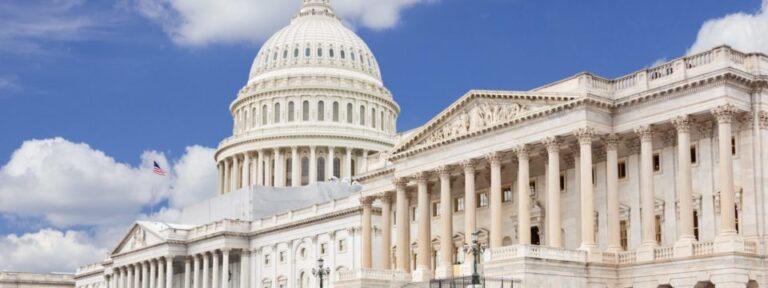His supporter, U.S. Sen. Rand Paul (R-Ky.), a Kentucky hemp farmer, has introduced the Hemp Economic Mobilization Plan (HEMP) Act, which would increase the amount of THC in legal cannabis.
Paul said he introduced the bill to address federal overreach and “bring transparency to government regulation.”
The 2018 Farm Bill defines legal hemp as containing 0.3% of the psychoactive component THC. This designation was intended to address the trace amounts of THC typically found in industrial hemp products, but it was thought to be low enough that the THC concentration would not feel high. However, the hemp market has exploded with products that far exceed what many would call “arbitrary” limits.
Paul's bill would amend the THC limit for hemp from 0.3% to 1%. Additionally, to prevent legal cannabis from being seized in transit, the bill would require cannabis shipments to be accompanied by one of two types of easily accessible documentation:
A valid license or other required permit from the state Department of Agriculture or tribal government. A certificate from a laboratory certifying that the hemp contains less than 1% THC on a dry weight basis.
“For years, I have led the fight in Washington to restore one of Kentucky's most historically important crops by legalizing industrial hemp,” Paul said in a statement. Ta. “While we have achieved hard-won victories, there is still work to be done to prevent the federal government from burdening farmers with unnecessary bureaucratic micromanagement. It will help this growing industry reach its full economic potential and bring transparency to government regulation.”
We also need to test hemp-derived products rather than the hemp flower or plant itself. Farmers complained that initial product testing was time-consuming and that the final product could be affected by other factors.
Paul's bill comes days after Sen. Ron Wyden (D-Ore.) introduced the Cannabinoid Safety Regulation Act. Green Market Report previously wrote that the bill would create a comprehensive regulatory framework for hemp-derived cannabinoid products under the oversight of the Food and Drug Administration. It would also set a federal age limit of 21 years for purchasing hemp-derived products and establish manufacturing, testing, and labeling requirements.
The Farm Bill was scheduled to be updated in 2023, but was delayed and is now being drafted as the 2024 Farm Bill, with competing versions in the House and Senate. This week, a temporary government spending budget was approved, but the farm bill was not included.
Some provisions of the 2018 Farm Bill are set to expire on September 30th, but the planting year will end in December.
Rep. GT Thompson, R-Pennsylvania, who chairs the House Agriculture Committee, told Brownfield Agriculture News that the USDA only has a few agriculture-related issues that need to be resolved before the current extension expires. He said he determined that it was only the department.
He said Congress is focused on passing a new five-year farm bill during the lame duck session.
impact

